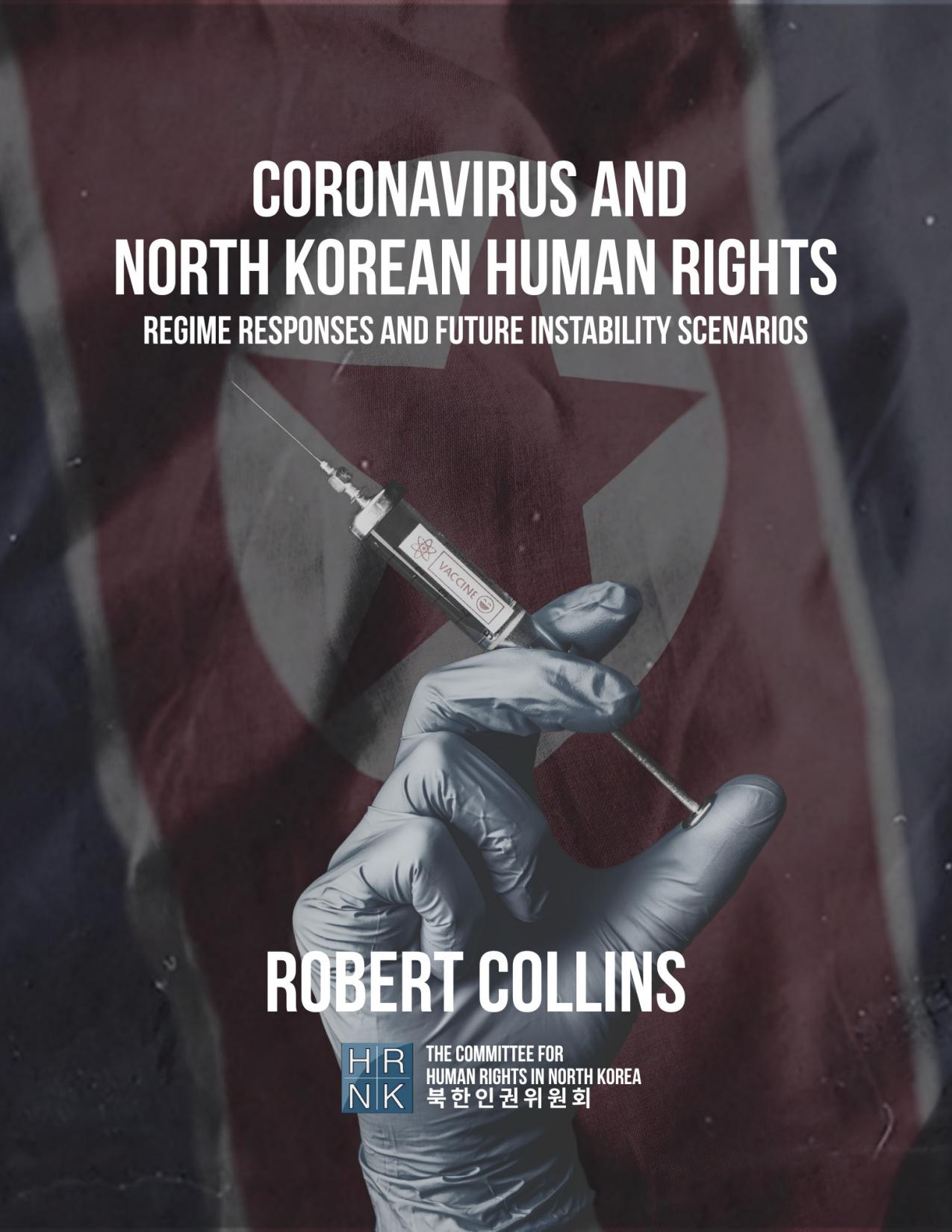
Foreword
In “Coronavirus and North Korean Human Rights: Regime Responses and Future Instability Scenarios,” Robert Collins builds on his extensive expertise and scholarship on North Korean human rights denial, regime dynamics, and preparation for collapse scenarios to scrutinize the impact of the pandemic on the human security of ordinary North Koreans, the North Korean military, the regime’s military-industrial complex, and regime stability.
Based on substantial open-source information and expert interviews, the report is a comprehensive analysis of regime strengths and weaknesses exposed by the coronavirus pandemic, across multiple strata of society as well as party, military, security, and propaganda agencies. Future contingency planning on the Korean peninsula must consider the lessons learned and analysis put forth in the report. Collins notes that both the pandemic and the regime’s loyalty-centered rigid chain of “control of command,” as well as the draconian restrictions it implemented, exacerbated the health, food, economic, personal, political, and community insecurity of ordinary North Koreans. Environmental insecurity, in particular weather-related events, further worsened the people’s humanitarian situation.
Some elements of the regime’s policies addressed the coronavirus as a public health crisis. However, the regime followed its fundamental impulse to protect the 65,000 key party elites, including the nuclear and missile scientists and technicians. As it happened during the famine and humanitarian crisis of the 1990s, the regime prioritized the health and welfare of those who ensure its survival at the expense of the human security of ordinary North Koreans. Even within the Korean People’s Army, the regime discriminated among the echelons of deployment and capability, favoring forward-deployed troops and forces based in the capital city of Pyongyang over operational exploitation forces placed behind the forward forces and especially homeland defense forces stationed in the north of the country. Furthermore, under the pretext of coronavirus prevention, the regime weaponized the pandemic to crack down on perceived threats to its survival, even more ferociously than before: information from the outside world, travel across the border, and market activity. Under the coronavirus pandemic, the regime stepped up its ideology, information, and population control.
Its dealing with the coronavirus exposed both the regime’s strengths and vulnerabilities. While the regime’s intransigent control, crimes against humanity, other human rights violations and obstinate focus on key elites and weapons rather than ordinary people have maintained it in power for eight decades, its allegiance-based, unyielding chain of control and command and lack of flexibility may be North Korea’s greatest vulnerability in a future crisis.
Greg Scarlatoiu
HRNK President and CEO
June 9, 2025